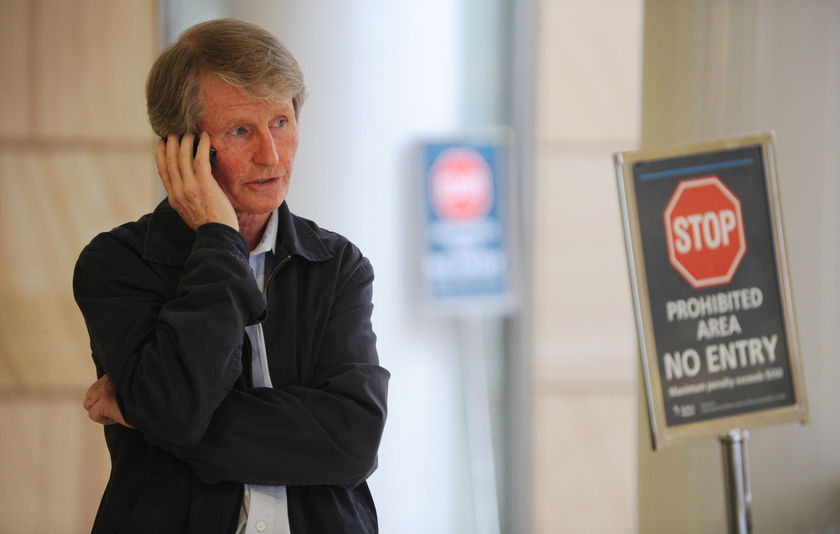
The role of journalism in the Pacific was discussed in an informal gathering as a precursor to the conference “Oceanic Transformations” convened by the Australian Association for the Advancement of Pacific Studies (AAAPS) that opened today in Melbourne, Australia.
The conference runs from April 8 to 11.
John Wallace, director of the Asia-Pacific Journalism Centre, sought to engage participants in a discussion about news coverage of the Pacific, the pressures on journalism and the effectiveness of media development initiatives in the region.
Some of the issues raised included the structural problems Pacific journalists experience, such as low salaries that lead to a high turnover, the impact of foreign ownership and media independence. The challenge of how to show solidarity to Pacific journalists in cases such as Fiji without undermining local efforts in the process (or as one participant put it, while avoiding the temptation to play the region’s sheriff) was brought up along with strong criticism for the lack of correspondents by Australian newspapers in the region.
Some participants expressed concern over issues of journalism training in the region and the danger of applying western notions of journalism practices that might not be suitable to the region.
ABC Australia Network had a strong presence in this discussion (ABC’s Pacific correspondent Sean Dorney was one of the co-organisers of this events). The organisation has a strong presence in media training and is actively involved in a number of media development initiatives in the region.
Both ABC and AusAID representatives talked about the need for a media for development approach in the region, something that is lacking in media initiatives in the region. Some criticism was voiced about the weak presence of media for development in the region’s aid programs, most notably AusAID’s.
The discussion, although interesting, did not bring anything new to the debate about media and journalism in the Pacific. Perhaps that is because the issues remain the same.
There was a noticeable absence of Pacific media people in the discussion that might have brought a different perspective.



